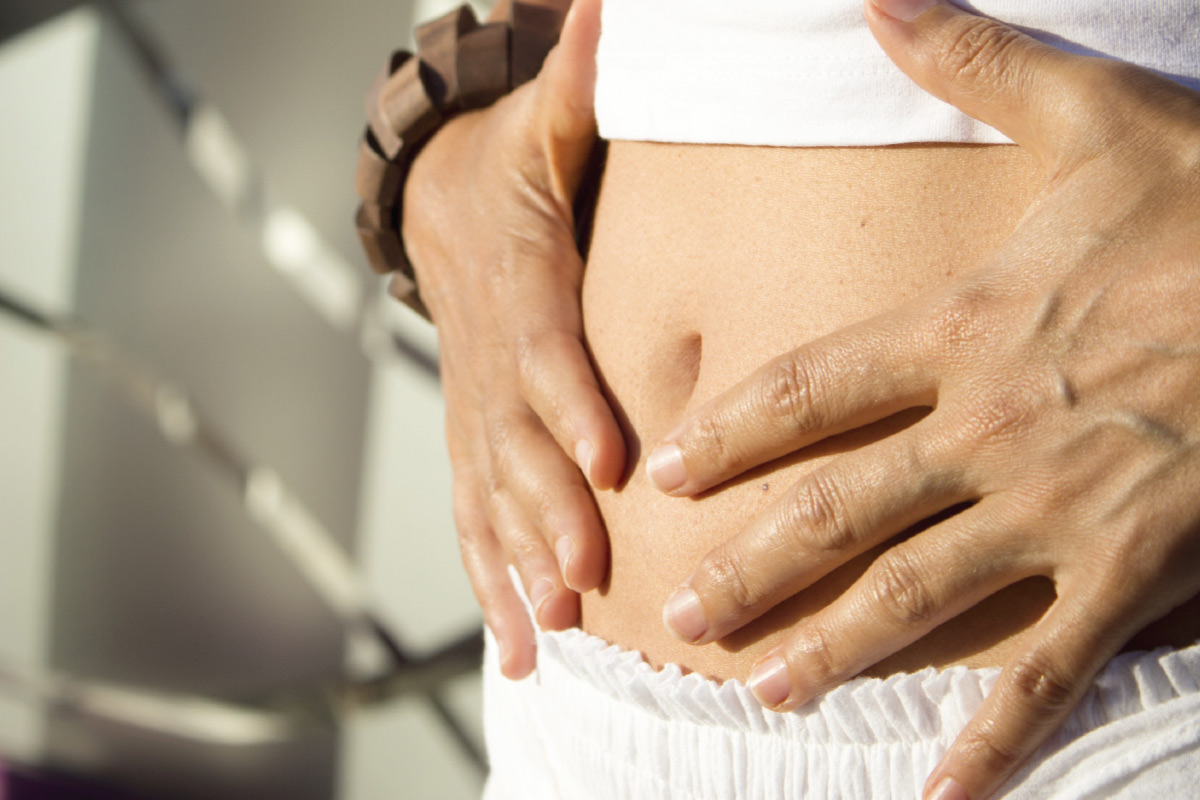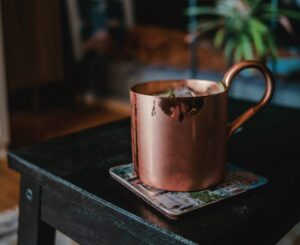Advertisement
Ask the Experts
Breakfast and blood sugar levels

Advertisement
Q: Can eating breakfast really help to balance my blood sugar?
A: Blood sugar refers to the concentration of glucose in the blood, which is our body’s main source of energy, especially in the brain. This glucose comes from the food we eat and is regulated by hormones within our body. Blood glucose balance is essential for ensuring our body and mind function optimally.
Upon waking in the morning, our blood sugar is usually at its absolute lowest point. When we skip breakfast, we prolong this state of low blood sugar, which may lead to symptoms such as low energy, brain fog, irritability, and headaches.
In the long term, uncontrolled blood sugar levels can have some quite detrimental effects. Research has shown that regularly skipping breakfast can increase our risk of developing metabolic syndrome, type 2 diabetes, and obesity. A large 16-year Harvard study found that men who regularly skipped breakfast had a 27 percent higher risk of having a heart attack or dying from coronary heart disease than their counterparts who ate breakfast.
Eating breakfast can help to keep our blood sugar balanced and our health in check, but what we have is as important as when we have it. Aim to include each of these nutrients in a well-balanced breakfast.
- Complex carbohydrates are higher in fibre and nutrients compared to refined alternatives. Look for fruits, vegetables, and whole grains such as rolled or steel-cut oats.
- Quality proteins have been shown to balance our blood sugar. Include eggs, nuts, seeds, beans, or lentils in your morning meal.
- Healthy fats can help us feel satiated and prolong the release of available energy found in the meal. Choose coconut, avocado, butter from grass-fed cows, nut/seed butters, cold water fish, olives, and cold-pressed olive oil, and avoid damaged fats such as hydrogenated oils and trans fats.





